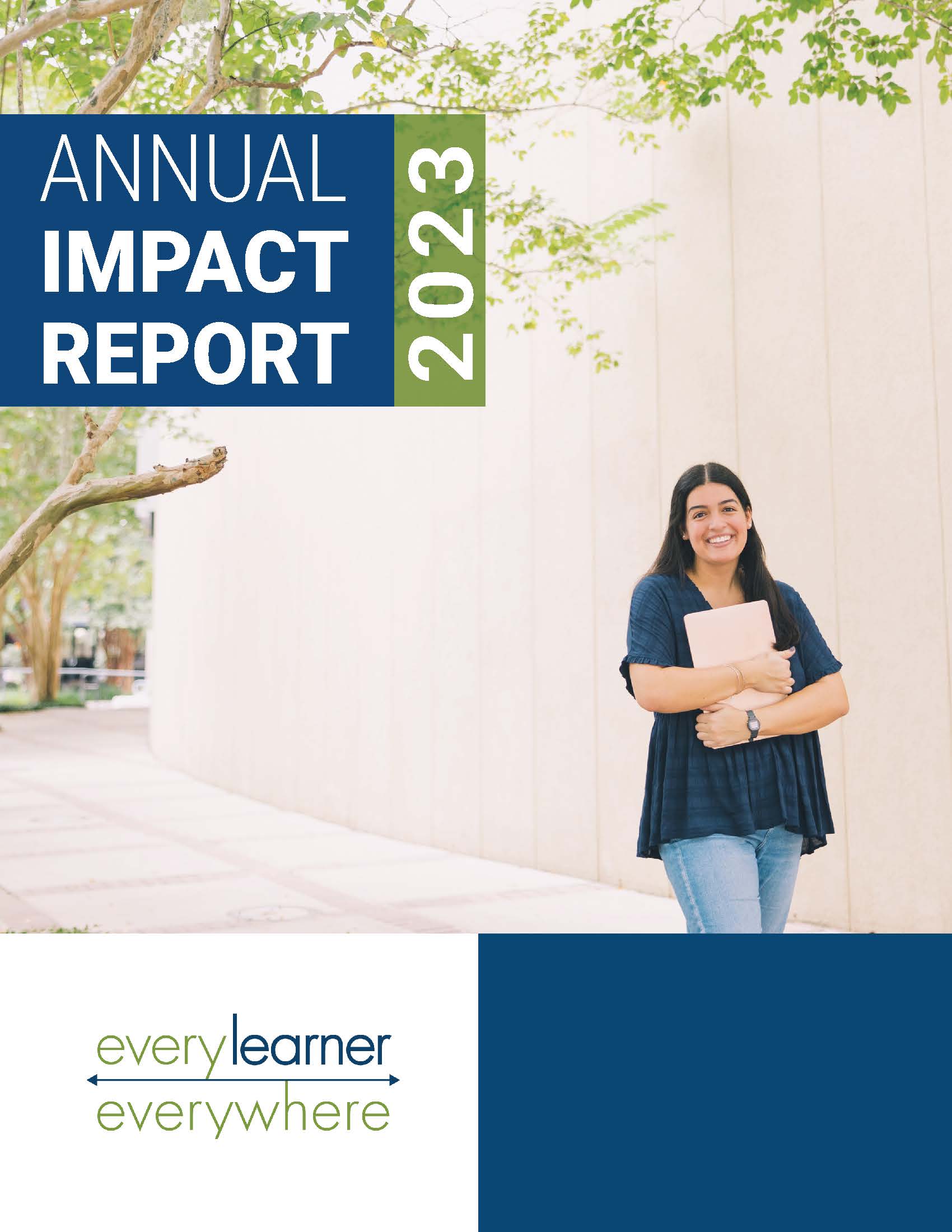
In this report, you can read about the network’s impact in the areas of services, thought leadership, and student engagement. In addition, we recap our 2023 network convening, introduce our new Equity First Organization partners, feature some of our student interns, and give readers a preview of what’s ahead for the network in 2024.
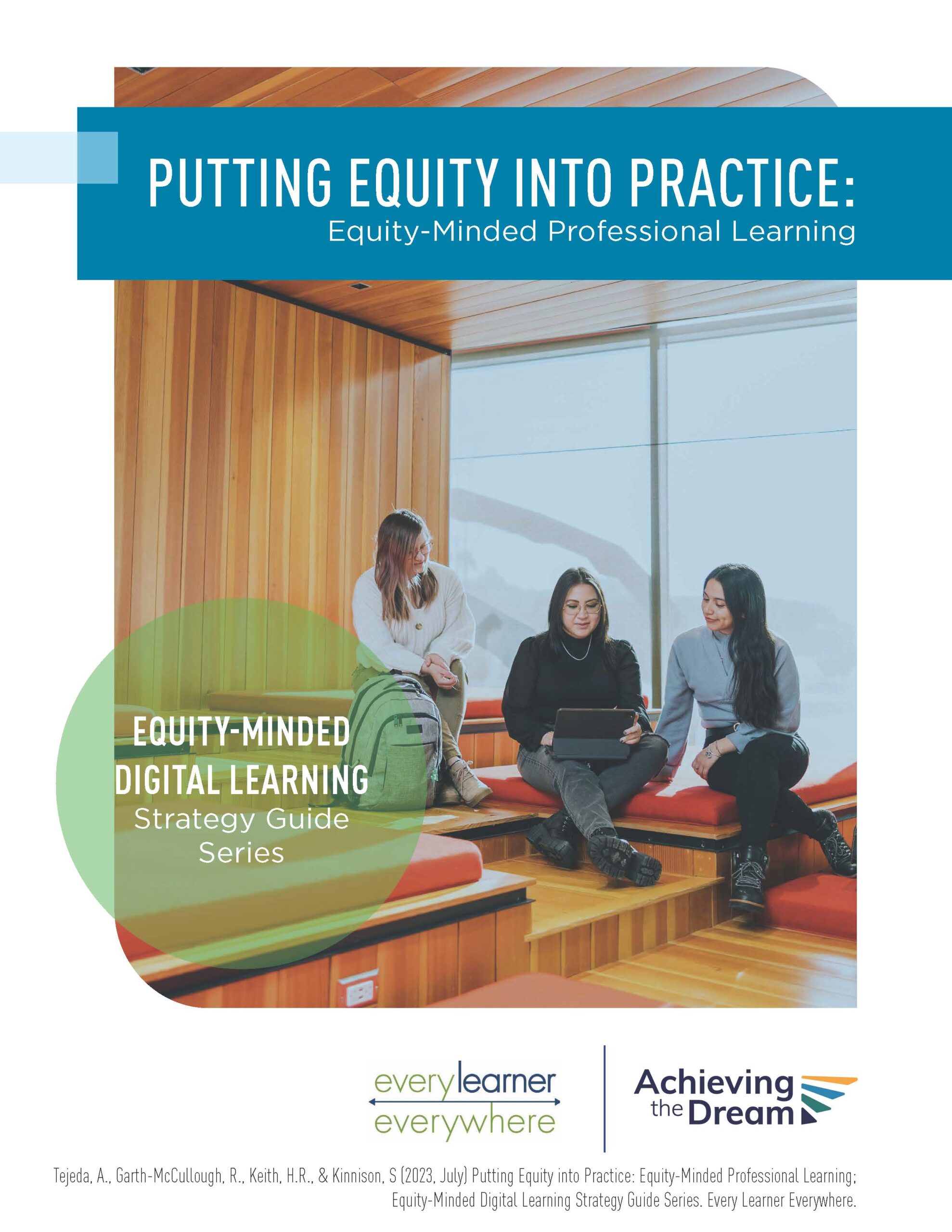
Through professional learning, faculty can develop their capacity to be change agents both inside and outside of the classroom. This guide clarifies what it means to create opportunities for professional learning that are explicitly equity-minded.
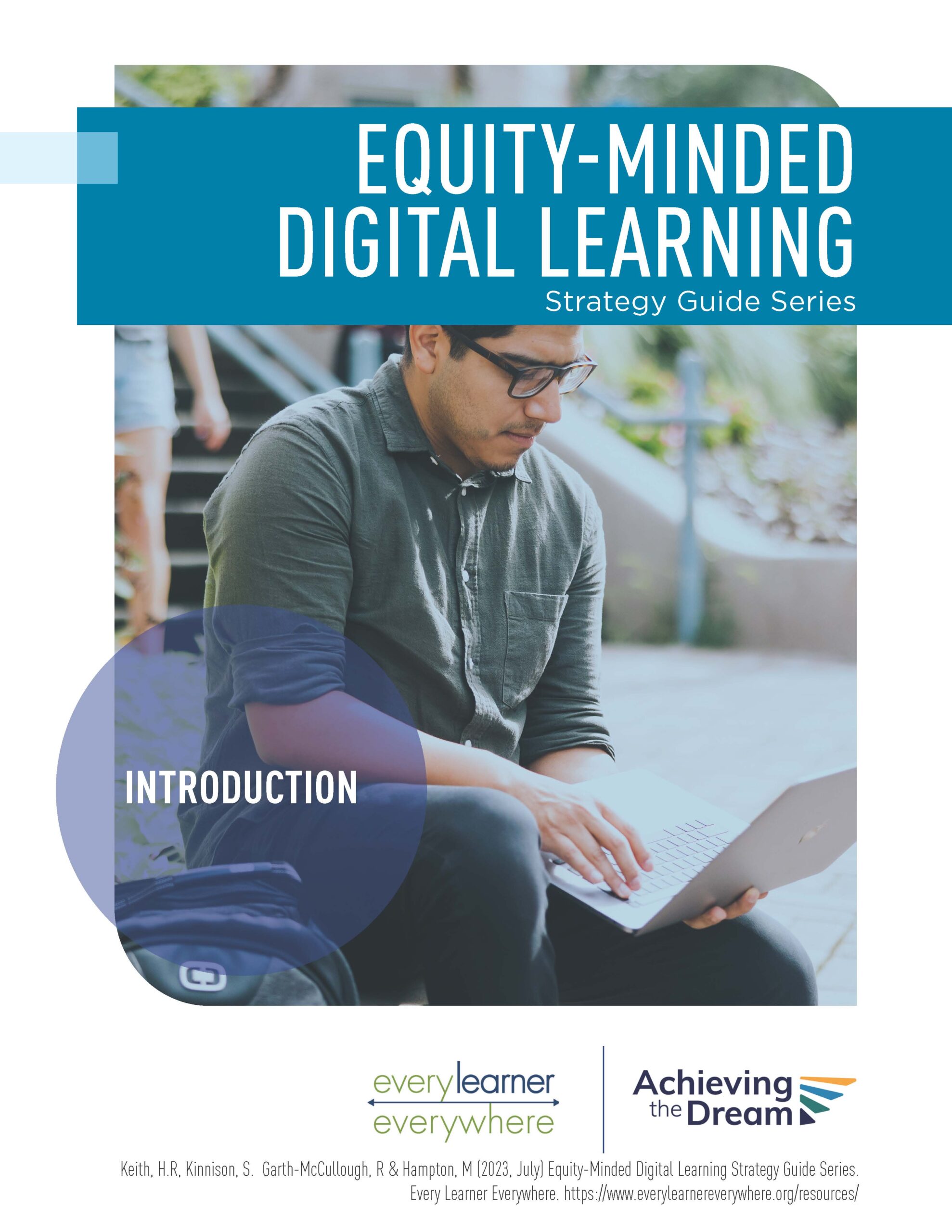
The Equity-Minded Digital Learning Strategy Guides help faculty intentionally and authentically affirm, uplift, and liberate students. As higher education continues to address eliminating inequitable outcomes in teaching and learning, these guides will help institutions embed equity, culturally responsive teaching, social justice education, and open pedagogy through evidence-based teaching practices.
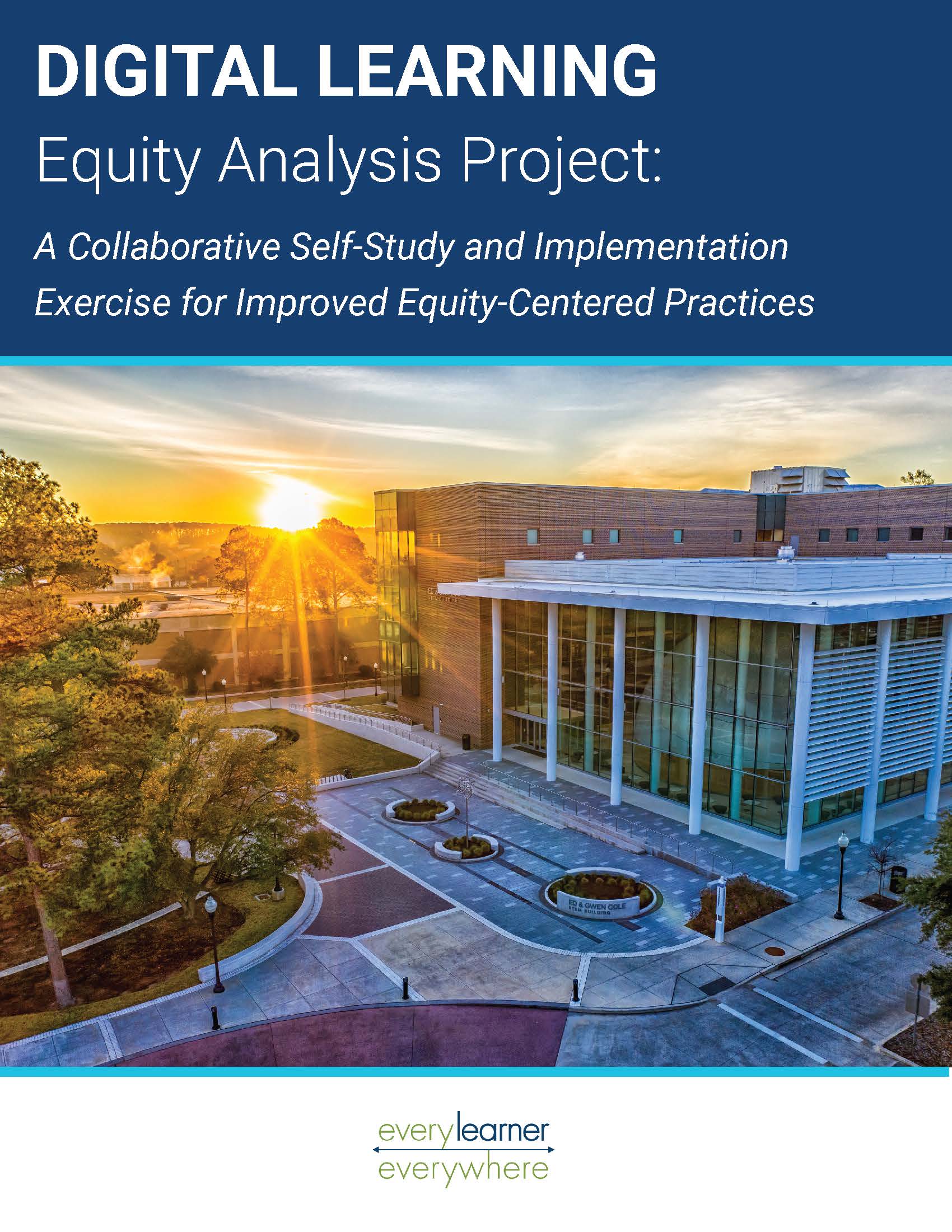
This paper describes the outcomes of a Digital Learning Equity Analysis project undertaken by two award-winning educators, Sarah Straub and Rachel Jumper, who sought to implement suggestions from the microcredential training hosted by Every Learner Everywhere. This training focused on promoting equity in digital learning and provided a structured protocol for conducting reviews of online courses.
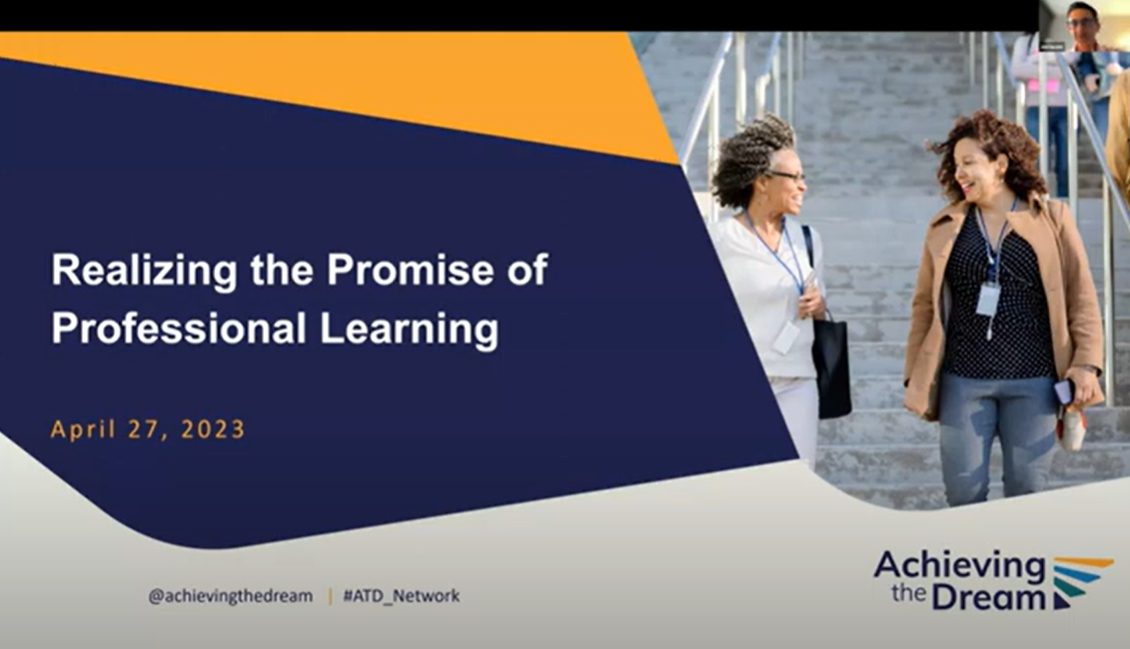
Professional learning, also called Faculty development, in higher education supports student success at the course level.
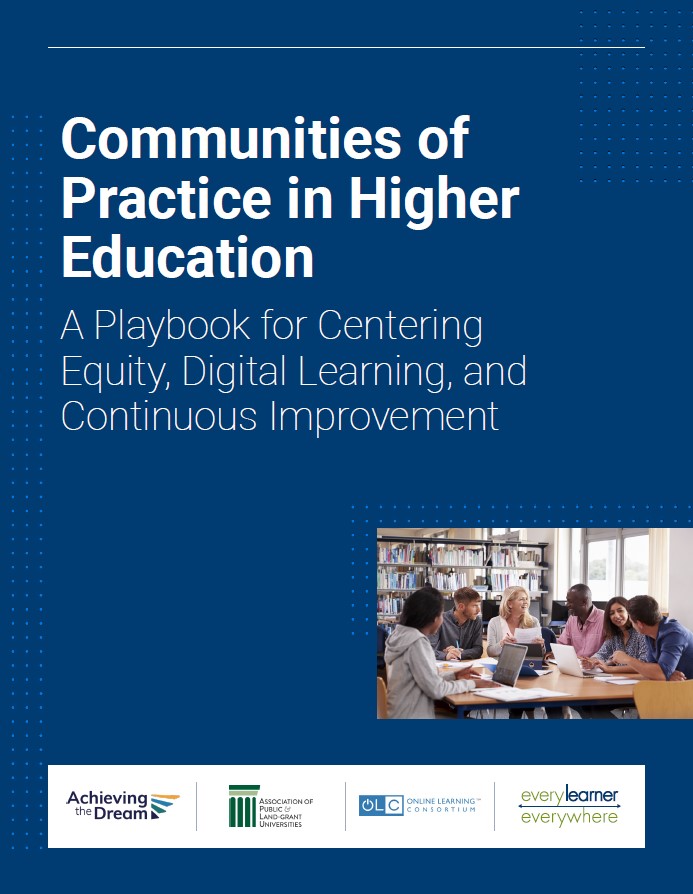
This playbook provides guidance on how to envision, design, facilitate, evaluate, and sustain faculty communities of practice.
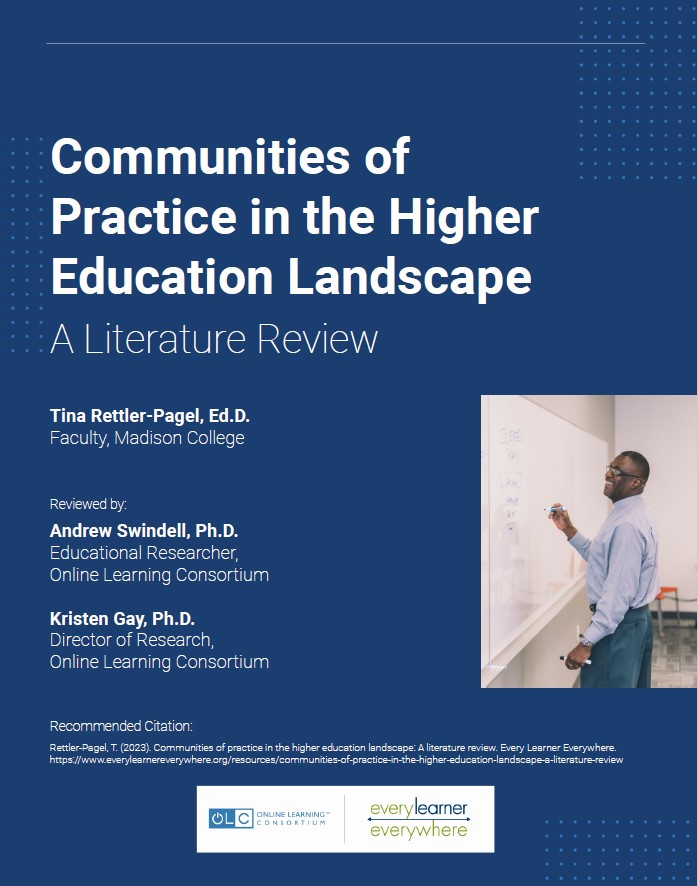
This literature review examines research concerning communities of practice serving as professional development for teaching faculty.
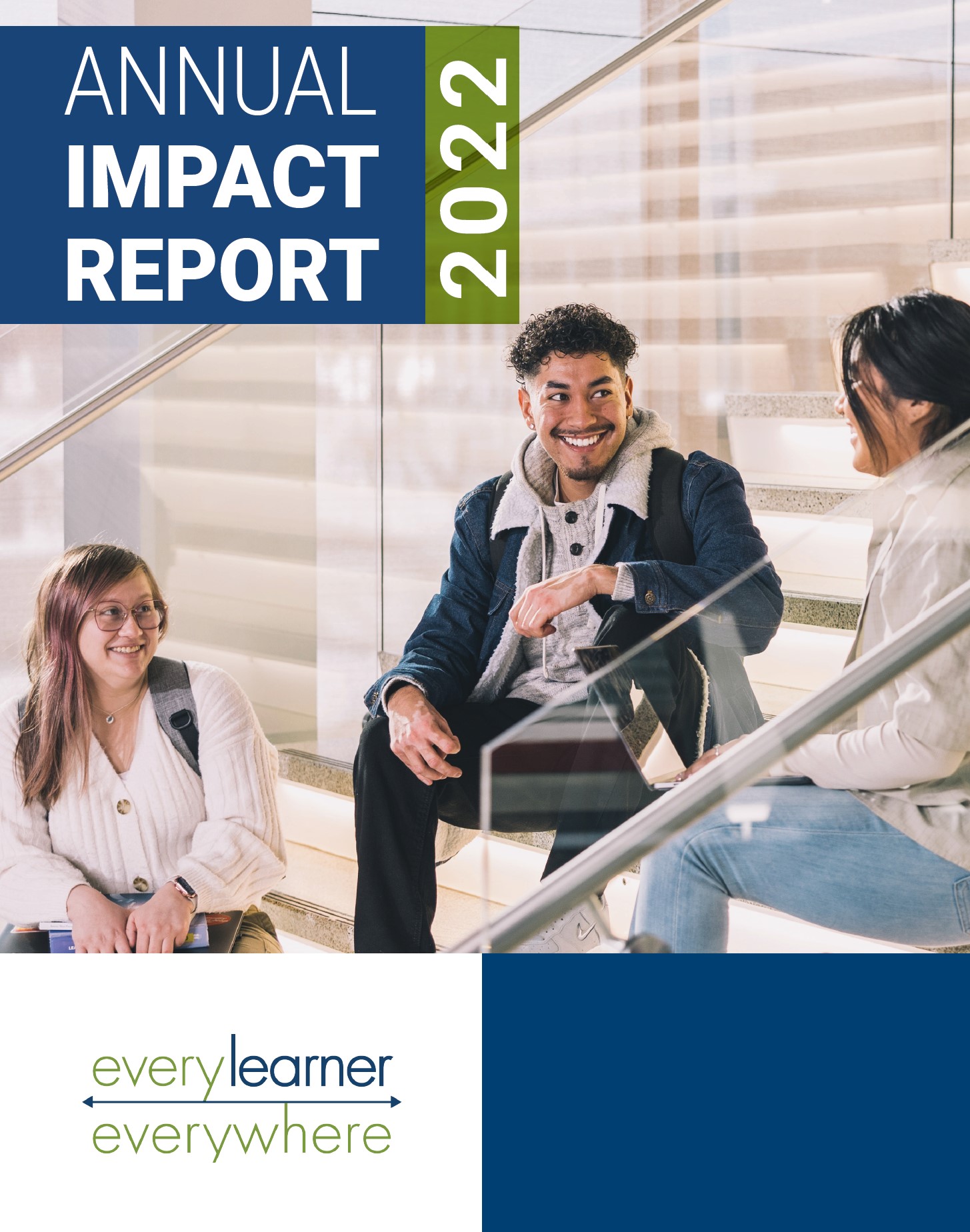
Every Learner Everywhere’s second annual impact report highlighting accomplishments in 2022 and setting goals for 2023.
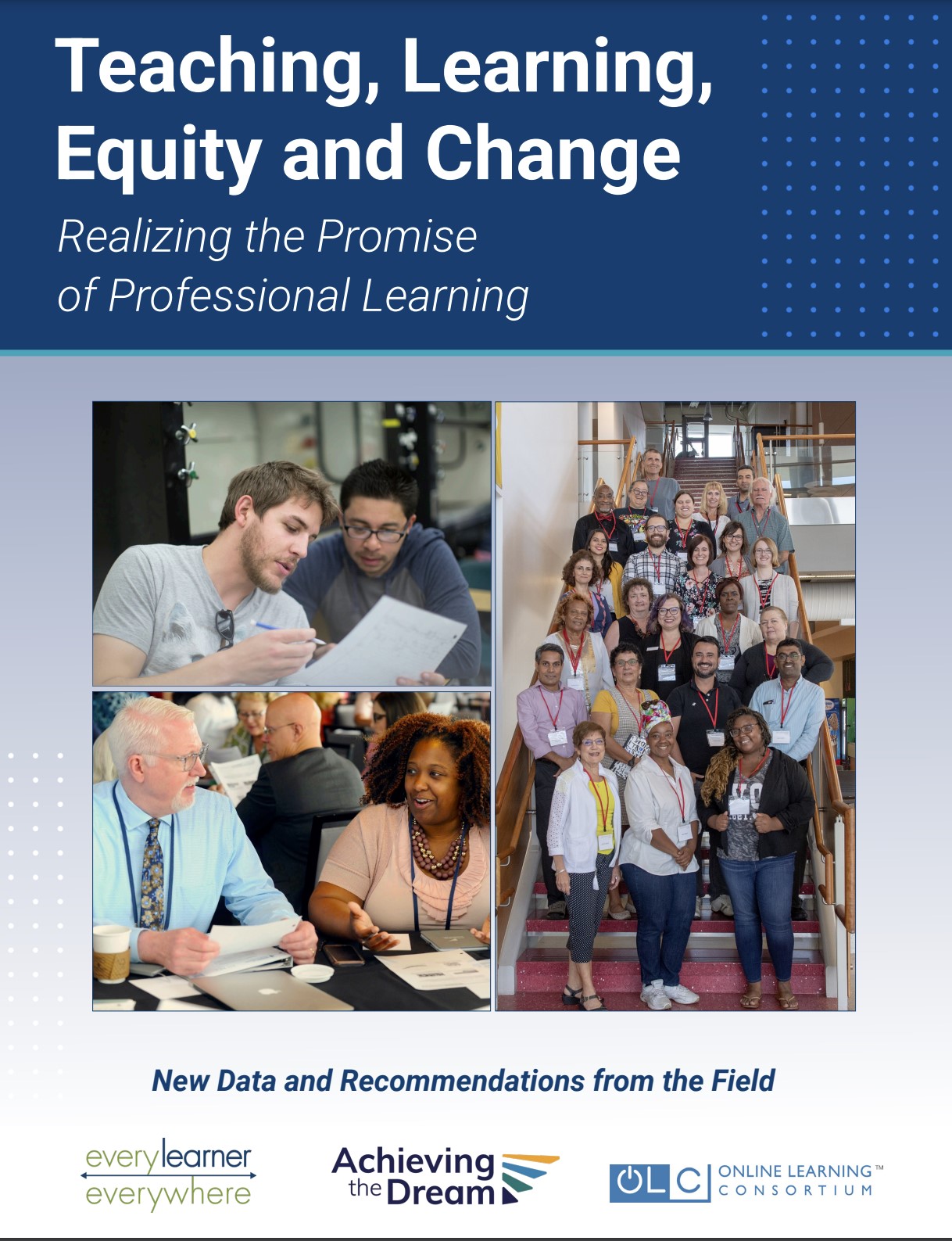
This report informs the strategic action needed to realize the promise of professional learning at our nation’s equity-focused campuses.
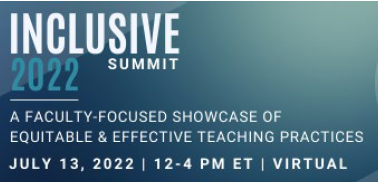
discuss strategies for getting to know our students and using this knowledge to inform our teaching choices, assessment types, and communication throughout the course.

In this webinar, join your peers in deep discussions about the pedagogical challenges facing faculty who are teaching within the sciences.

In this webinar, join your peers in deep discussions about the pedagogical challenges facing faculty who are teaching writing.

In this webinar, join your peers in deep discussions about the pedagogical challenges facing faculty who are teaching mathematics.
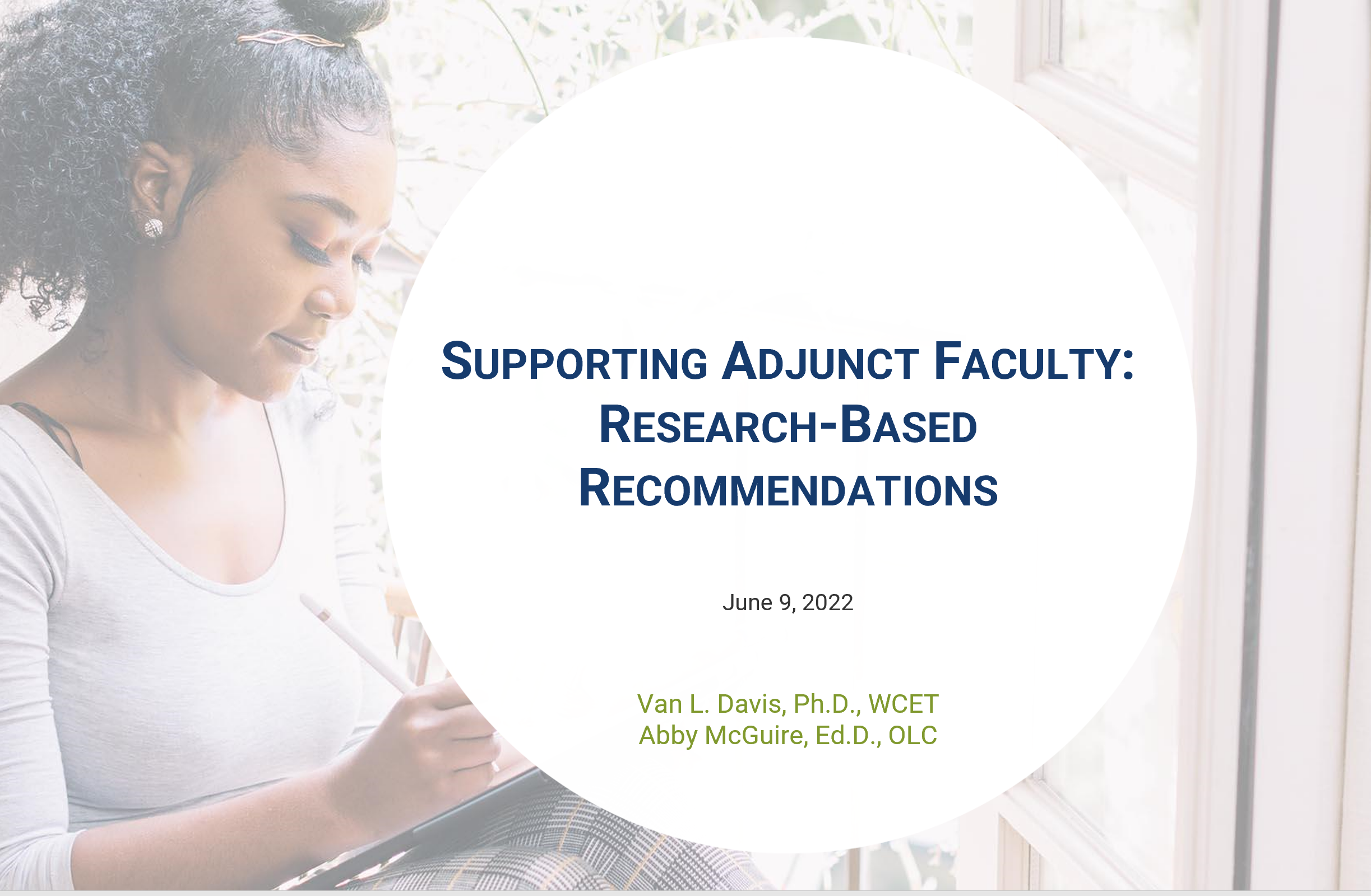
Learn about how institutions can adjust their infrastructure to support online adjunct faculty.
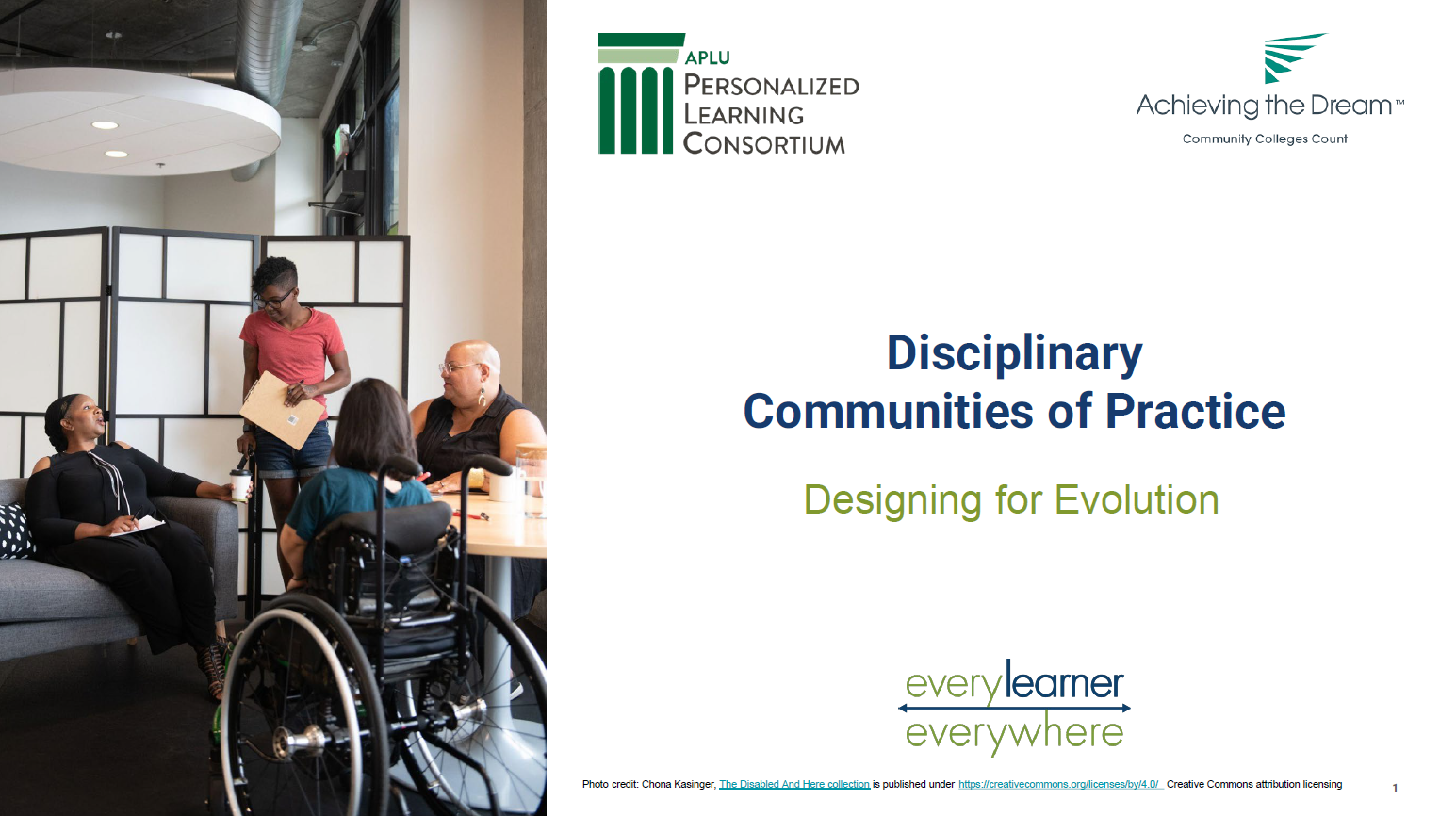
Leaders of various faculty communities of practice discuss what works and what doesn’t.
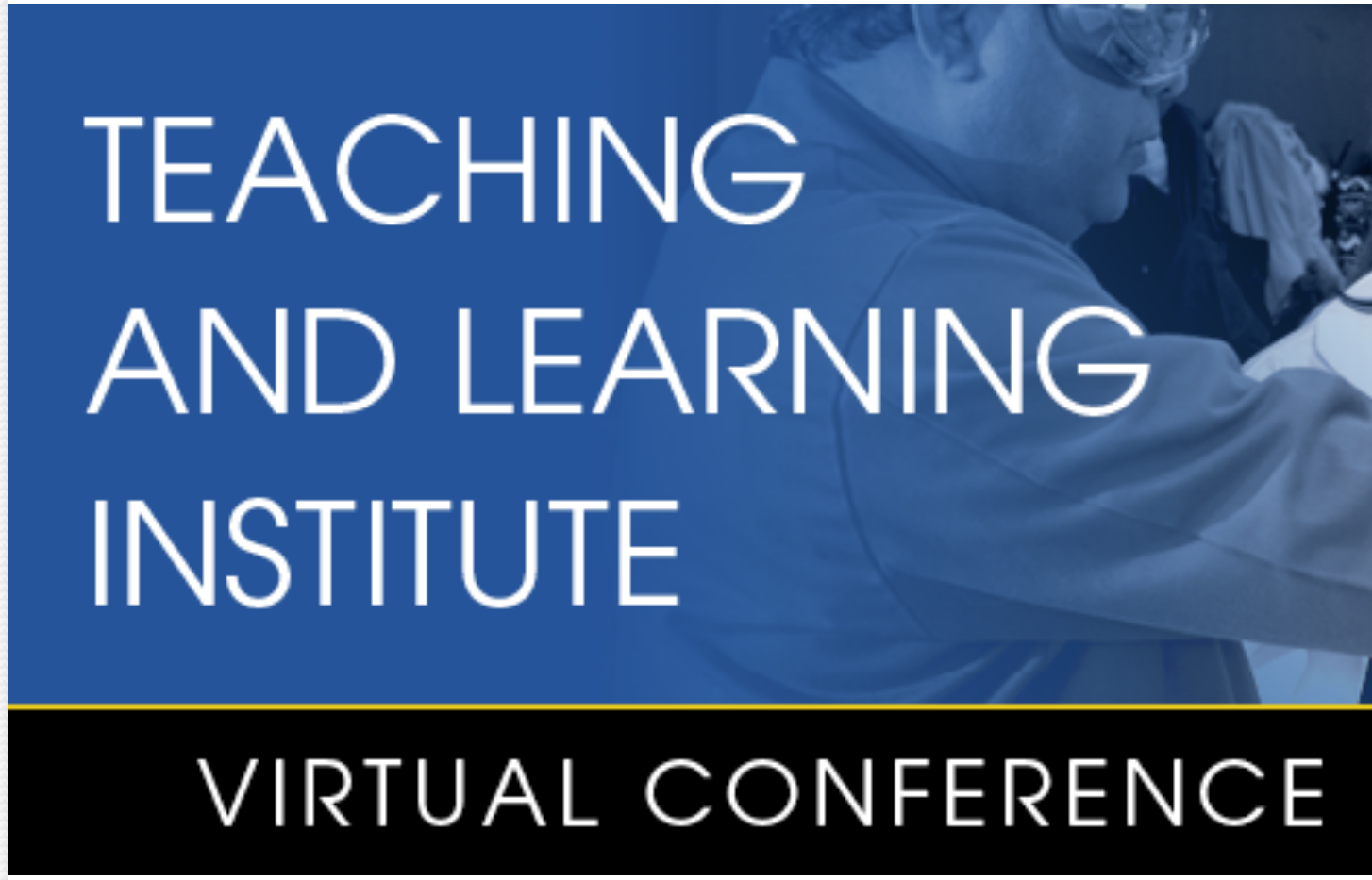
Faculty development leaders share their strategies for shifting the framework in ways that advance equitable student learning experiences.

This workshop provides examples of successful innovative and digital assessment approaches that center students and allow for authentic and culturally responsive measurement of student learning.
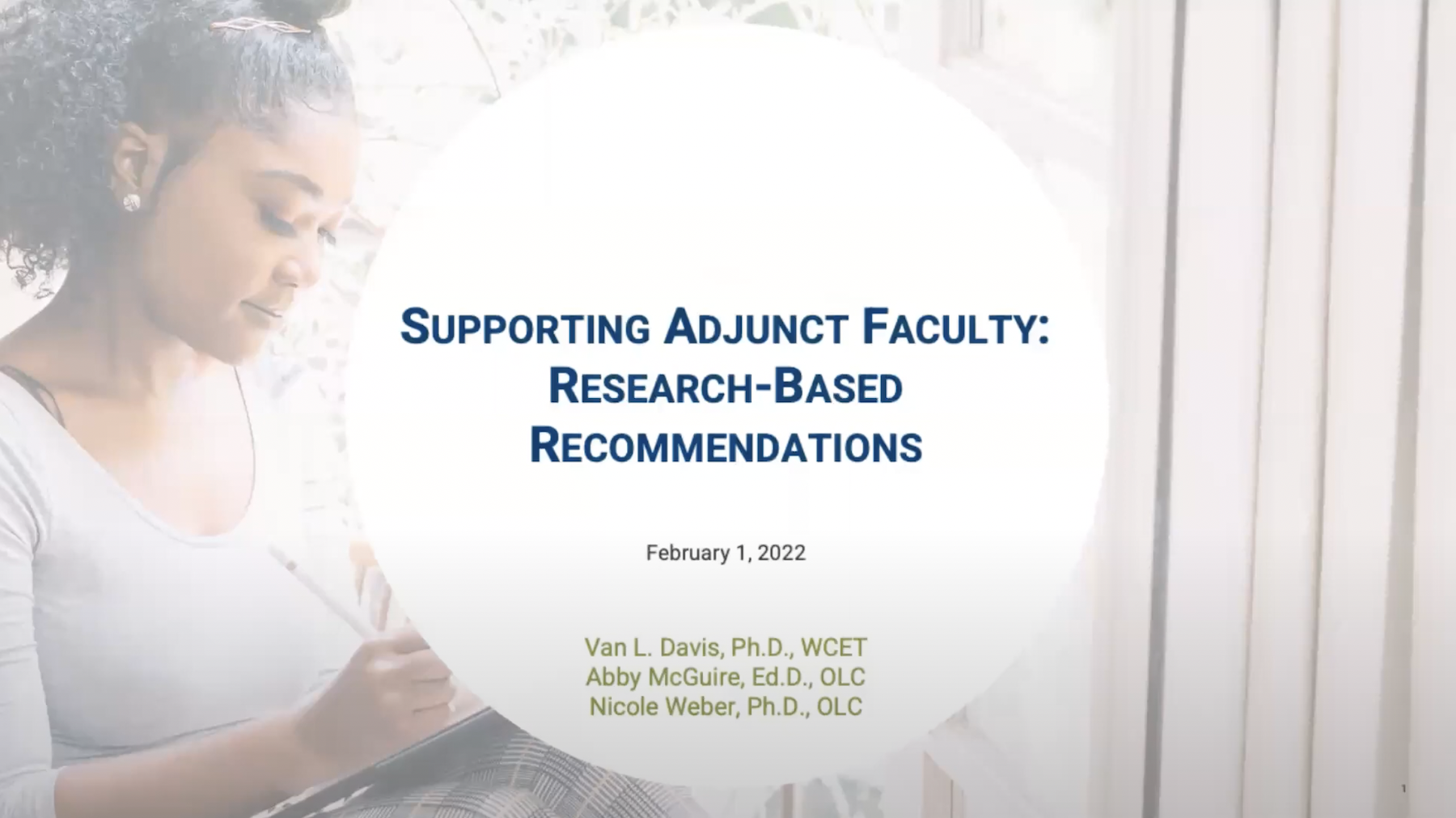
This webinar will highlight the findings of the WCET and OLC Adjunct Faculty Survey and provide research-based recommendations for supporting institutional leaders, support staff who work with adjunct faculty, and adjunct faculty members themselves.
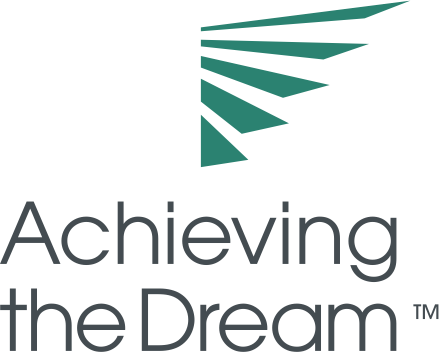
Instructional designers, technologists, and faculty developers practice consultation approaches by exploring a case study and applying course design strategies.

Align course instruction with adaptive content, analyze data points on an adaptive courseware dashboard and effectively onboard students.
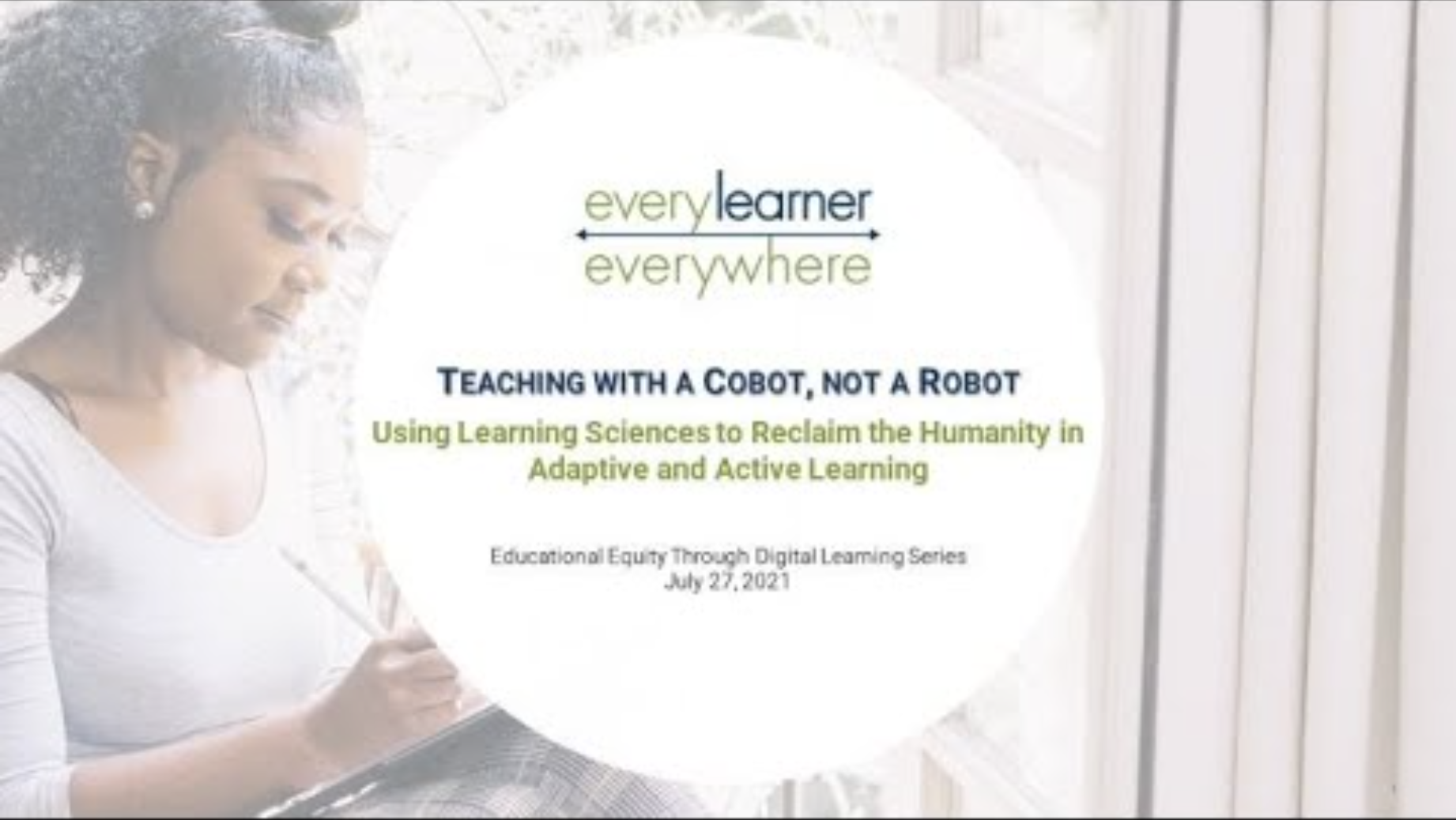
This presentation explores four dimensions of motivation and feedback, two learning science pillars that engage students in the learning process and fosters long-term memories with active and adaptive learning.
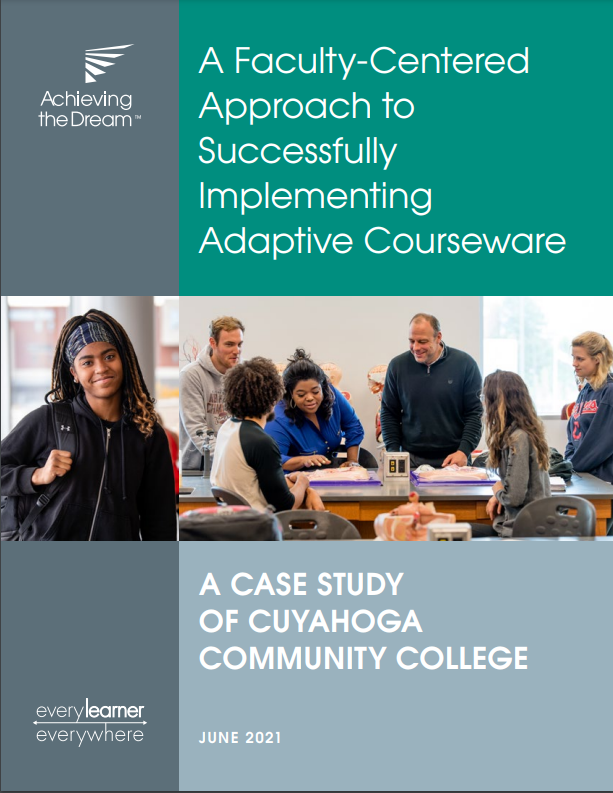
Faculty at Cuyahoga Community College led efforts to implement and then scale adaptive courseware for gateway courses in more than a half-dozen disciplines.
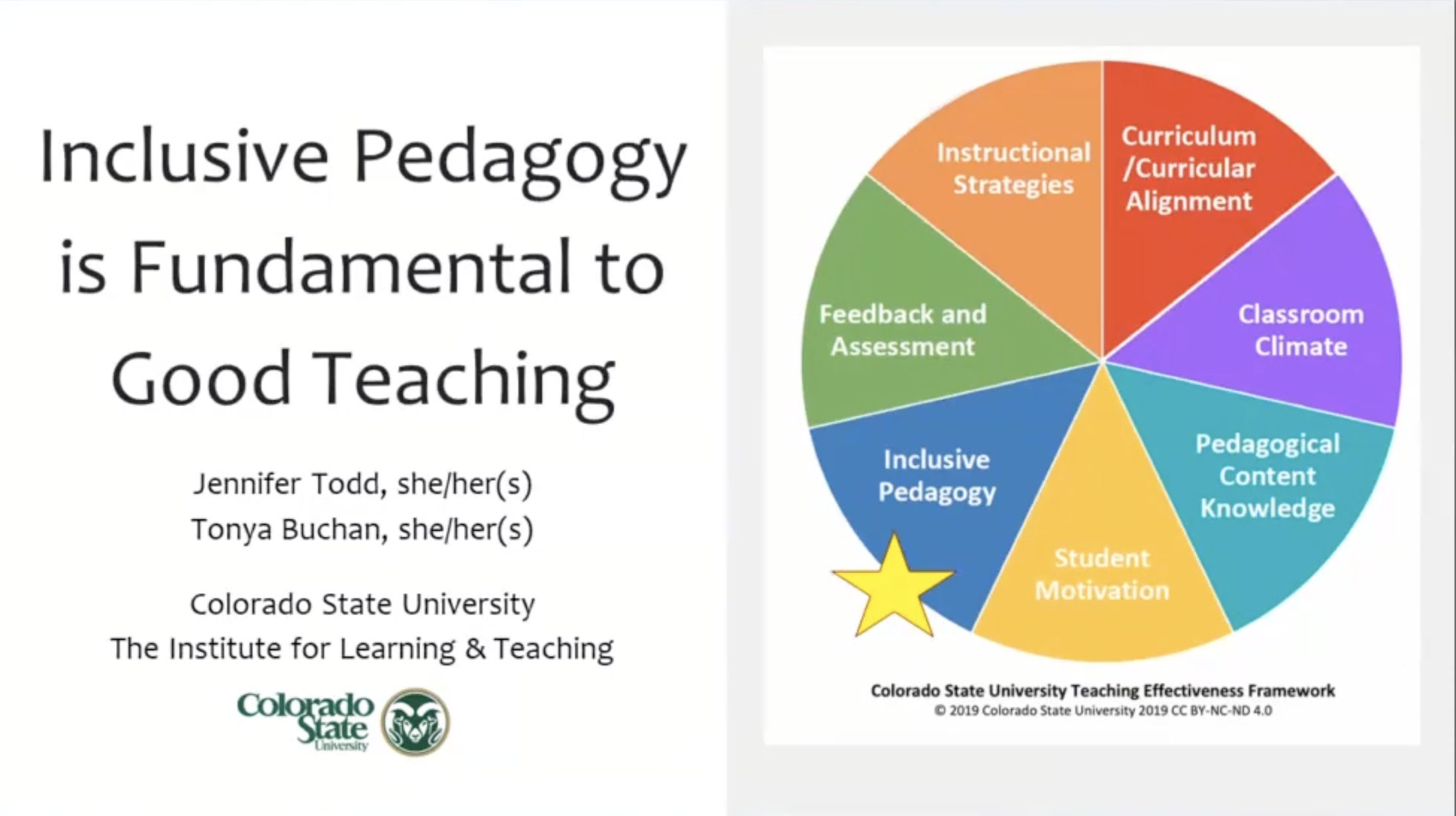
An overview of inclusive pedagogy with Colorado State University’s Teaching Effectiveness Framework and its implications during the shift to remote learning in 2020.
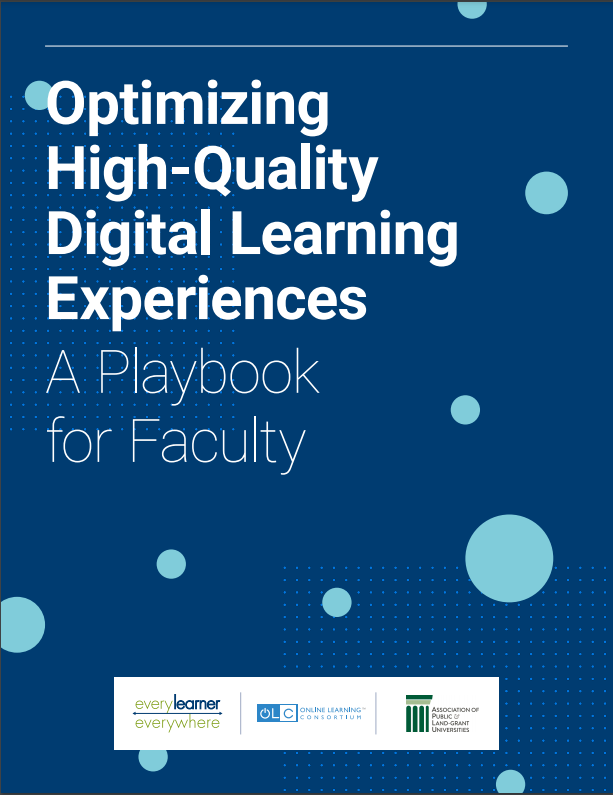
By integrating teaching and design principles, this guide assists faculty in positively impacting student learning, especially for students who are minoritized because of race, gender, disability, or socioeconomic status.
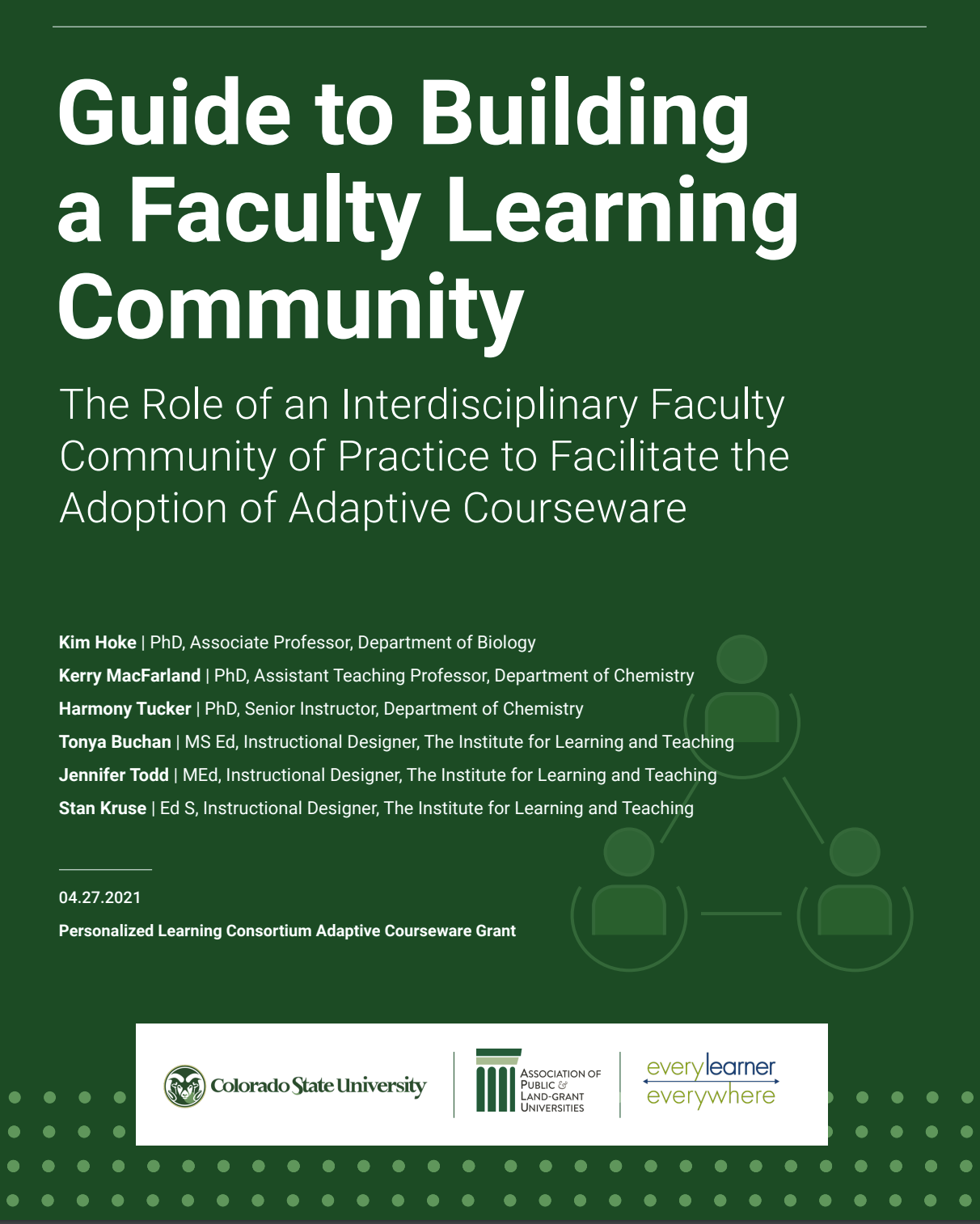
This resource describes how to build and maintain faculty learning communities, details some logistics, and provides a case study from Colorado State University along with testimonials from instructors.
A virtual educator professional development session exploring why trauma-aware teaching must center diversity, equity, and inclusion.
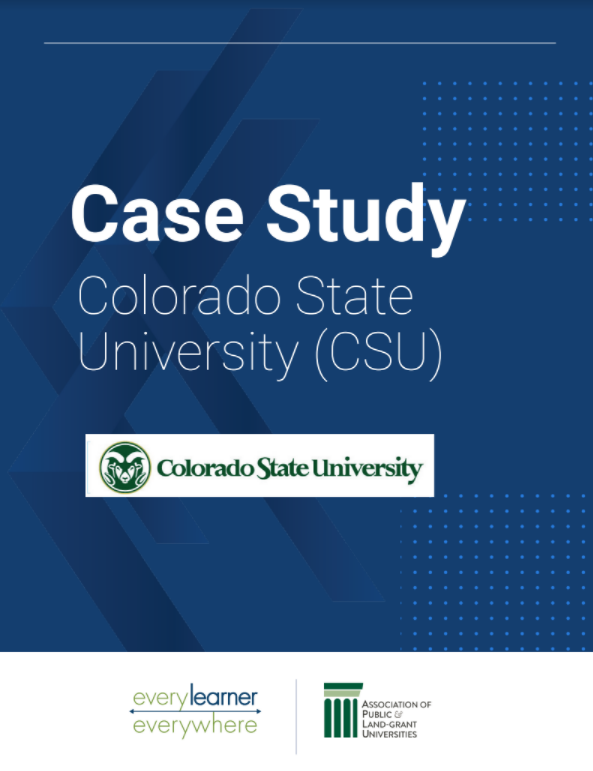
A case study at Colorado State University (CSU), found the use of active learning and adaptive courseware, along with an intentional faculty development program, are key in the implementation of adaptive courseware.
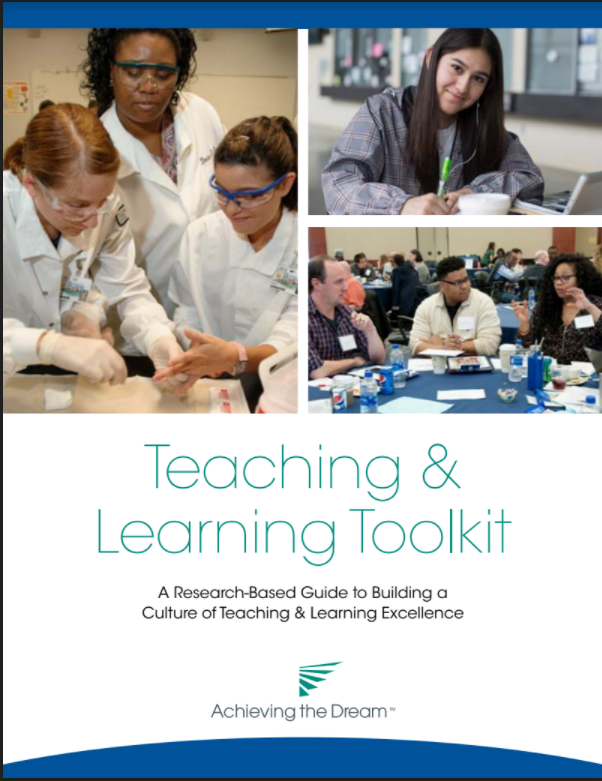
Grounded in research, this resource supports college teams in building institutional capacity in teaching and learning.
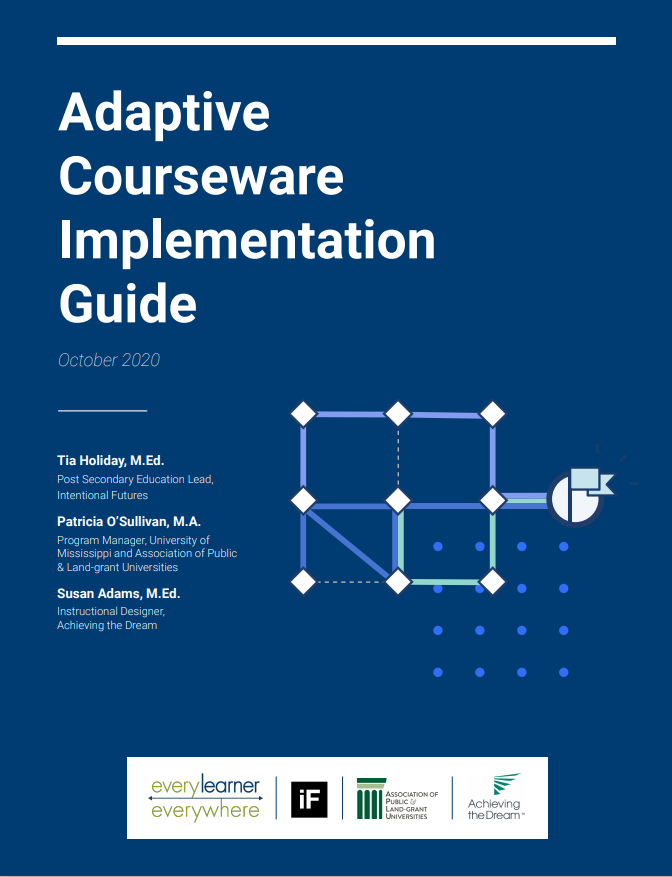
This extensive resource will provide you with practical strategies and resources to implement adaptive courseware with an equity-minded and student-centered approach.
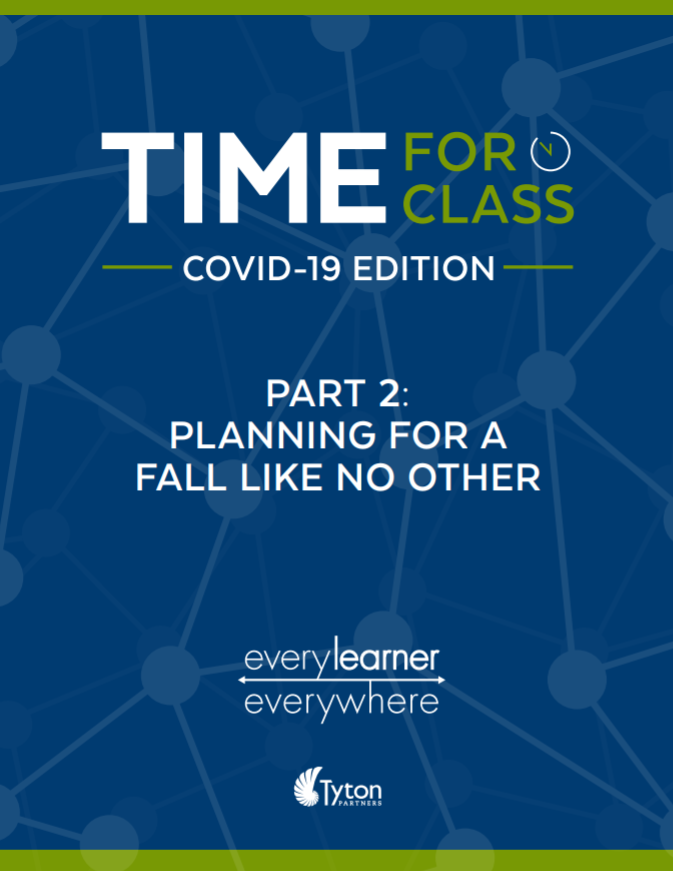
This is the second report in an ongoing series designed to understand the ongoing impact of the COVID-19 pandemic on teaching and learning in higher ed.
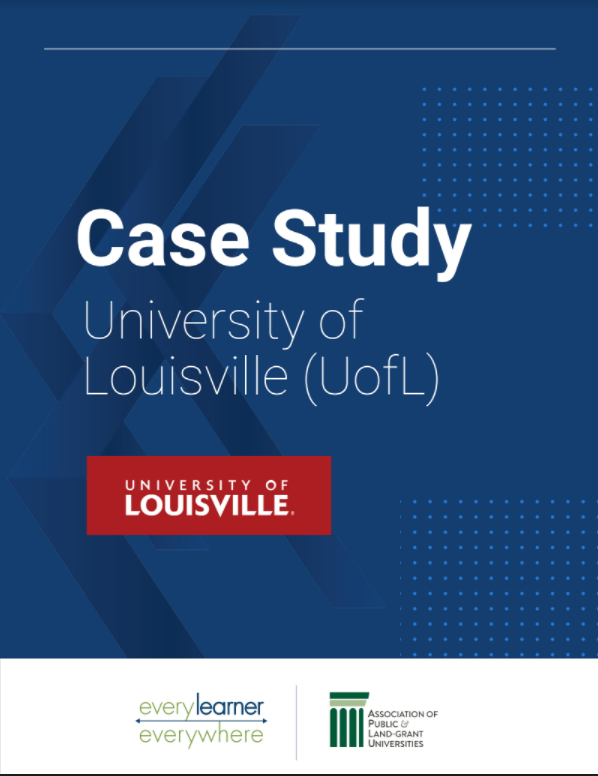
This case study from the University of Louisville demonstrates their approach to leveraging adaptive courseware to improve course design.
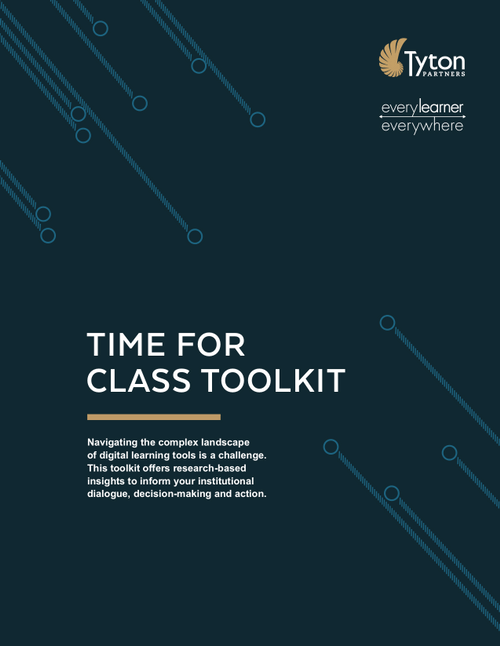
The Time for Class 2019 Toolkit is a set of research-based action briefs and tools designed to support institutional dialogue, decision-making and action.



























